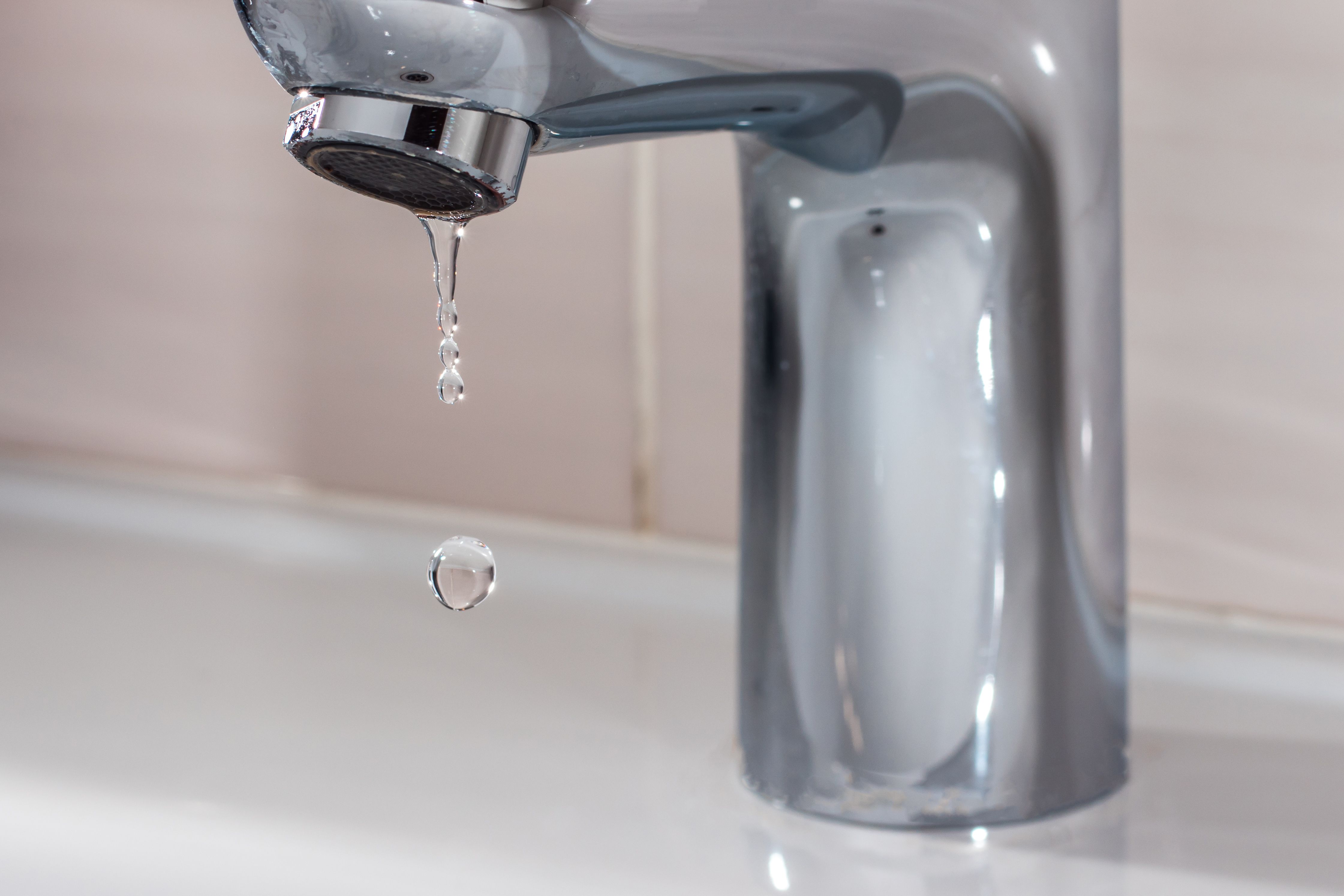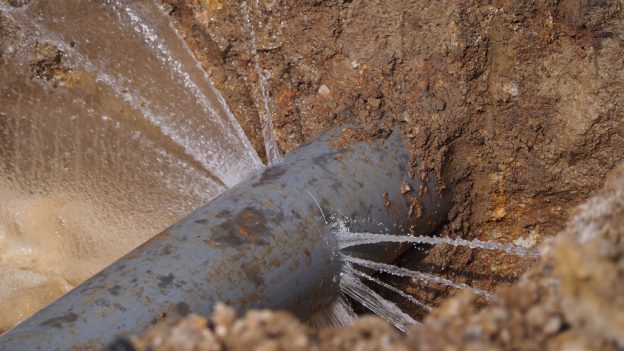The Top 5 Persistent Water Leak Causes
The Top 5 Persistent Water Leak Causes
Blog Article
How do you actually feel with regards to Reasons for Water Heater Leaks?

"Be careful of little costs. A little leakage will certainly sink an excellent ship." - Benjamin Franklin.
He couldn't have actually been much more appropriate because water leakages in our homes lead to a waste of sources, enhancing our water expenses. This rise may appear negligible at first, it can lead to substantial expenses that can damage your financial institution. Aside from a boost in bills, water leaks additionally cause undesirable natural development, structural damage, and also even electrical dangers.
If you have a water leak isn't constantly simple due to being incapable to see many of the pipework in your house, figuring out. However, If you have had an increase in your water costs lately, noticed water discolorations on ceilings as well as walls, smelt lousy odor, and so on. You could intend to consider asking for plumbing services to get it had a look at.
There are several root causes of water leaks, and we have actually put together the common factors listed below. Check to see if you have actually had associated concerns in your house recently.
Blocked drains pipes
Food bits, dust, and oil can create clogged up drains as well as obstruct the passage of water in and out of your sink. Increased stress within the seamless gutters can end as well as create an overflow up cracking or breaking pipes if undealt with. To stay clear of stopped up drains in your home, we advise you to avoid putting fragments away and also normal cleansing of sinks.
High water pressure
You discovered your home water stress is more than typical but then, why should you care? It's out of your control.
It would certainly be best if you cared due to the fact that your average water pressure ought to be 60 Psi (per square inch) and although your home's plumbing system is designed to endure 80 Psi. A rise in water stress can place a stress on your residence pipelines as well as bring about cracks, or worse, ruptured pipes. Get in touch with an expert concerning regulating it if you ever before notice that your residence water pressure is greater than typical.
Corrosion
As your pipework grows older, it gets weak and more prone to corrosion after the regular flow of water with them, which can eat away at pipes and cause cracks. A visible indication of corrosion in your house plumbing system is discoloration as well as although this might be tough to identify due to the majority of pipes hidden away. We advise doing a constant checkup every couple of years and also change pipelines once they are old to make sure an audio plumbing system
Deteriorated pipe joints
Pipeline joints are the parts of our plumbing system where the pipelines link. It is essential to keep in mind that also though pipes are created to hold up against pressure and also last for a while, they weren't developed to last permanently; for that reason, they would certainly degrade over time. A common sign of harmed pipeline joints is excessive noise from taps.
Broken seals
One more source of water leakages in houses is damaged seals of house devices that make use of water, e.g., a dishwasher. When such appliances are set up, seals are set up around water adapters for very easy flow of water through the equipment. A damaged seal can cause leakage of water when in usage.
With little or no knowledge of plumbing, comprehending your house's plumbing system enough to take care of some of these problems (without consequence) can be a trouble. Get in touch with plumbing experts in Pittsburgh, Divine Superintendence, Rochester, as well as environ today, and they'll make those concerns disappear.
He could not have actually been extra ideal due to the fact that water leakages in our homes result in a waste of resources, boosting our water bills. If you have had an increase in your water bills recently, observed water discolorations on ceilings and also walls, smelt poor smell, etc. A boost in water pressure can put a strain on your house pipelines and lead to cracks, or even worse, burst pipes. An additional cause of water leakages in residences is broken seals of house devices that make use of water, e.g., a dishwasher. When such devices are installed, seals are installed around water connectors for easy flow of water with the machine.
5 TIPS IN DETECTING A WATER LEAK IN YOUR HOUSE
Water leaks can be hard to find in your home, yet they can be so common. We rely on water every day in our home, which is why a leak can cause big problems. By detecting them early, you can save money and further damage, getting the problem fixed as soon as possible. Here are 5 tips to help you detect a water leak in your home, so you can contact a plumber straight away and get the issue sorted.
Check your water meter
Many people underestimate the value of the water meter in their home. It can be one of the best ways to tell if you have a leak early on, so you can get on top of it before issues start arising. Start by turning off all the water in your home: taps, washing machine, dishwasher, etc. Now take a look at the meter – if it’s still changing with everything turned off, it’s likely you have a fast-flowing leak that you need to get on top of straight away. If nothing changes, then leave your meter for an hour or two and come back to it. Did it change in this time? It’s likely you have a slower leak, which isn’t as urgent but still handy to get fixed so it doesn’t become a bigger problem.
Keep an eye on your bill
Another good way to detect a leak in your home is by keeping an eye on your water bill. It helps if you have a past bill from the same period of time. You can compare like for like and determine whether your water usage has increased significantly. If it has, there may be a leak in your system that you haven’t picked up before. A professional plumber can check through all of your pipes and determine where it is coming from.
Look for damage
If you have a leak inside your home, you will notice damage over time. Take a look at your showers and bathtubs and note whether any of the tiles surrounding the area seem to be discoloured or damaged in any way. There may be water stains, mould or peeling material that has resulted from a build up of moisture over time. Make sure you take a look under sinks at the back of cupboards that don’t get accessed regularly. This is where damage can go unnoticed and build up over periods of time.

As a keen reader on How to Find and Prevent Water Leaks in Your Home, I think sharing that excerpt was a smart idea. In case you appreciated our blog post please don't forget to pass it around. I thank you for reading our article about How to Find and Prevent Water Leaks in Your Home.
The best? Call us! Report this page